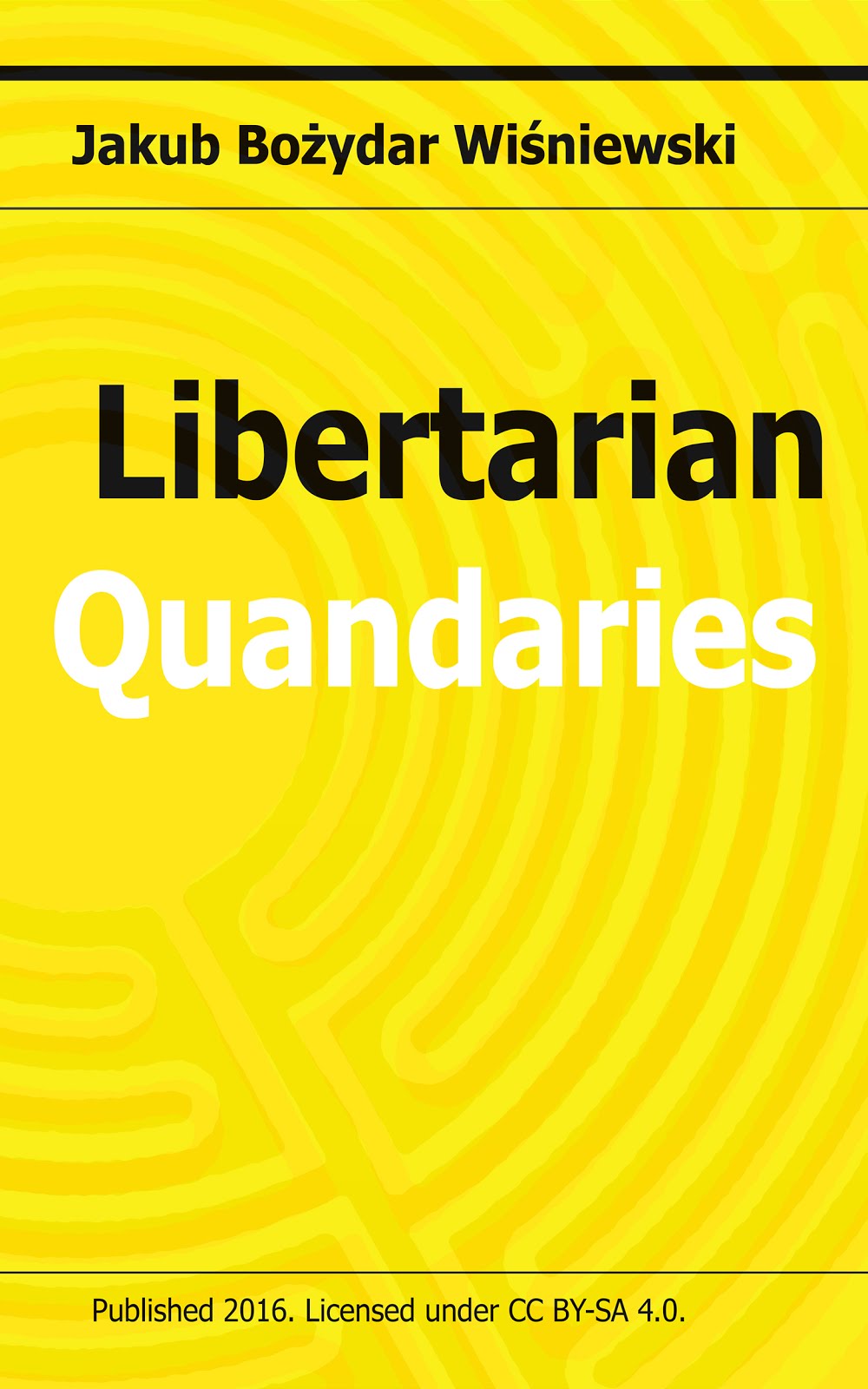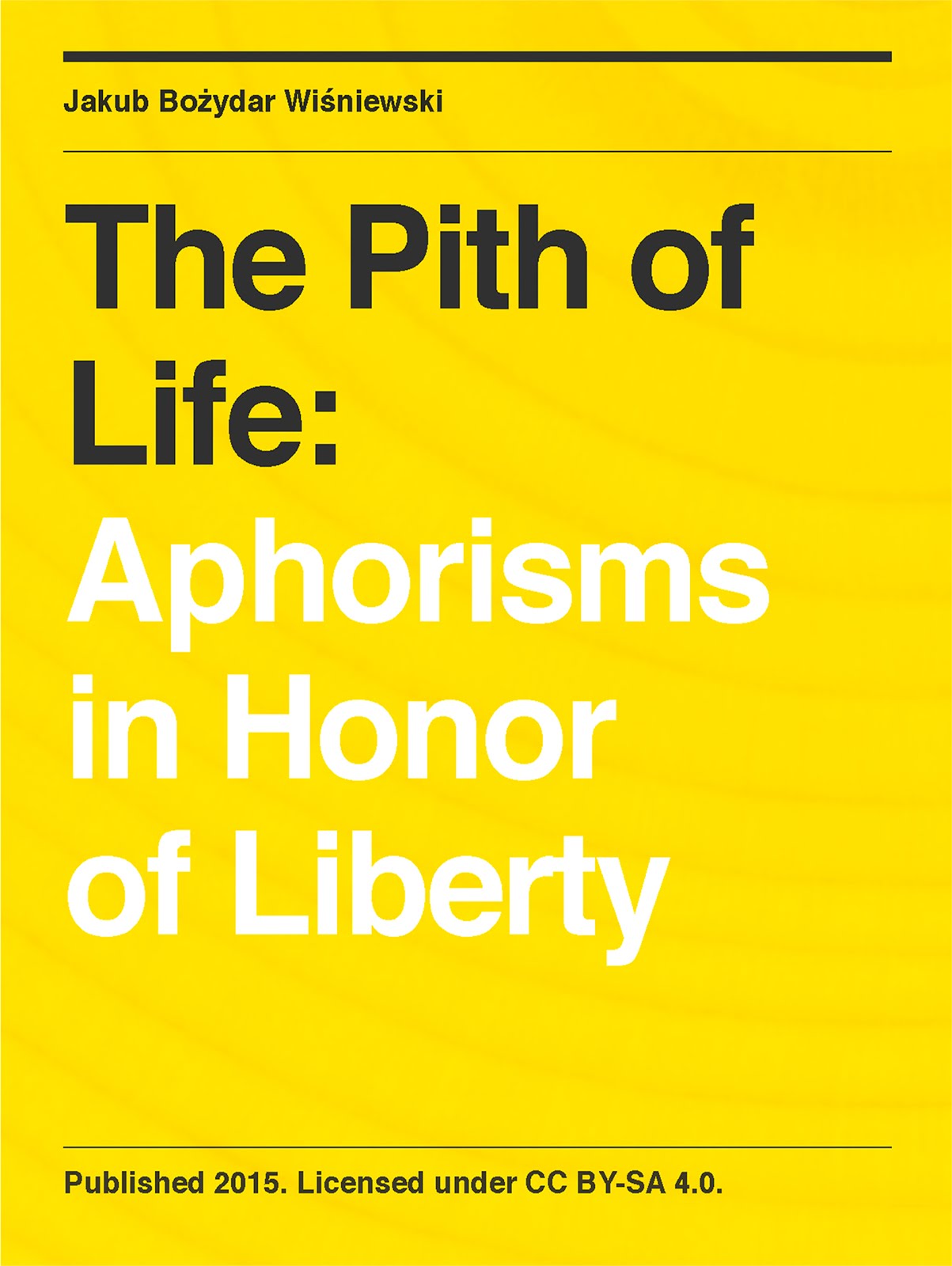The validity of any given theory is often thought to be dependent on: 1) its logical coherence, i.e., its derivation from self-evident axioms and its construction according to the proper rules of logical deduction, and 2) its correspondence with the facts of reality.
The Austrian Business Cycle Theory (hereafter ABCT) is well-renowned for the emphasis it attaches to logical precision of the arguments, axioms, and deductions it is built on, and its predictive track record is unparalleled as compared with the so-called "mainstream" theories of the same phenomenon (see here and here).
Hence, one would have thought that ABCT merits the closest examination and intellectual scrutiny in the standard academic forum of peer-reviewed journals. It is the case, however, that it receives practically no attention in the journals which are not themselves Austrian-oriented. The attention from those prominent "mainstream" academics that it did manage to generate manifested itself in the form of popular articles and blog entries (see here, here, here, and here), all of which contain a poorly researched, strawman version of the theory they aim to criticize (as evidenced here).
In view of the above, only two conclusions suggest themselves: either the abovementioned academics are poor scholars in the sense of lacking the requisite intellectual skills to understand and critically evaluate ABCT in a professional manner, or they are poor scholars in the sense of lacking the requisite intellectual integrity, i.e., they do not even try to understand the theory in question, or they do understand it, but choose to willfully mischaracterize it.
Now, if either of the above conclusions is correct, then, given the fact that the exponents of ABCT do devote a lot of space in their peer-reviewed journals (see, e.g., here, here, here, and here) to a thorough intellectual examination of the theories and arguments of their intellectual opponents (even thought the latters' respect for the precision of logical deduction and their predictive track record compare unfavourably to those of the ABCT theorists), it has to be assumed that the exponents of ABCT are better scholars (in both of the dimensions listed above) than their "mainstream" counterparts.
And since, by definition, better scholars produce better theories, it has to be concluded that the preceding considerations of the sociology of academia make it more likely that it is ABCT rather than any of its "mainstream" alternatives that provides the correct explanation and analysis of the phenomenon of business cycles.
Friday, June 22, 2012
Thursday, June 14, 2012
Szkoła Austriacka a matematyka w ekonomii
Jedną z najważniejszych przewag konkurencyjnych Austriackiej Szkoły Ekonomii jest to, że posiada ona solidne podstawy filozoficzne (wywodzące się z klasycznej tradycji dedukcyjnej, będącej esencją dociekań naukowych), a tylko posiadając te podstawy można uniknąć z jednej strony zabobonu scjentyzmu, a z drugiej strony zabobonu intuicjonizmu.
Na bazie tych podstaw ASE podaje solidne argumenty na temat tego, gdzie matematyka znajduje zastosowanie - np. w rachunkowości, historii gospodarczej (statystyce), ubezpieczeniach od zjawisk podlegających deterministycznej czy probabilistycznej regularności, itp. - a gdzie nie znajduje - np. w większości teorii ekonomii (choć i tam może pełnić pomocniczą funkcję ilustracyjną, tak jak np. w niedawnym artykule Hulsmanna o strukturze produkcji).
Teorie zbudowane przez ASE mają też oczywiście swoje empiryczne ilustracje (nie "konfirmacje"), tak jak ma je każda logicznie spójna teoria wychodząca od prawdziwych przesłanek. Guru główonurtowej matematycznej ekwilibrystyki, Samuelsonowi, do późnych lat 80-tych wychodziło z jego modeli, że Związek Sowiecki wyprzedza Amerykę (tak jak wcześniej podobnie wychodziło takim hołubionym w profesji praktykantom matematyki w ekonomii, jak Taylor, Lange czy Lerner), podczas gdy Mises 80 lat wcześniej udowodnił na bazie czysto werbalnej, logicznej dedukcji, że nie może istnieć nic takiego jak racjonalnie alokująca zasoby gospodarka centralnie sterowana, a jego pochodzące z tamtego czasu opisy tysięcy fabryk wytwarzających leżące potem odłogiem półprodukty brzmią niemal profetycznie.
Podobnie setki sowicie opłacanych ekonometryków z ich setkami pieczołowicie konstruowanych modeli podsuwały w 2005 roku Bernankemu raporty, z których wyczytywał on potem publicznie, że "fundamenty gospodarcze są silne" i "nie ma ryzyka recesji", podczas gdy Austriacy, korzystający z opracowanej ponad 90 lat wcześniej czysto dedukcyjnej i niematematycznej teorii cykli koniunkturalnych, wiedzieli, że są one nadzwyczaj słabe i że recesja jest nieunikniona.
Kompilacje stosownych cytatów można znaleźć tutaj i tutaj.
I wreszcie - o skuteczności przedsiębiorcy na rynku nie decyduje zaplecze matematyczne, tylko - jak to opisują Austriacy - nieformalizowalna i nawet niewerbalizowalna umiejętność przewidywania niepewnej przyszłości, intelektualna empatia umożliwiająca danej osobie rozumienie potrzeb konsumentów i ich wydajne, często innowacyjne zaspokajanie, wiedza tymologiczna, verstehen - coś, co posiadał Carnegie, Walton czy Jobs, a nie Gauss, Euler czy Pitagoras.
Podsumowując, nie widzę powodów, żeby nie przyjąć wersji, zgodnie z którą tzw. "ekonomiści matematyczni" to osoby, które wiedzą, że nie mają wystarczającej inteligencji numerycznej, żeby zostać matematykami czy astrofizykami, ani też wystarczającej inteligencji technicznej, żeby zostać przyrodnikami, a mimo to w ramach wrodzonej większości domniemanych "intelektualistów" pychy próbują epatować "śmiertelników" swoją matematyczną kabałą, choć logicznych argumentów na rzecz owocności takiego epatowania nie bardzo widać.
Na bazie tych podstaw ASE podaje solidne argumenty na temat tego, gdzie matematyka znajduje zastosowanie - np. w rachunkowości, historii gospodarczej (statystyce), ubezpieczeniach od zjawisk podlegających deterministycznej czy probabilistycznej regularności, itp. - a gdzie nie znajduje - np. w większości teorii ekonomii (choć i tam może pełnić pomocniczą funkcję ilustracyjną, tak jak np. w niedawnym artykule Hulsmanna o strukturze produkcji).
Teorie zbudowane przez ASE mają też oczywiście swoje empiryczne ilustracje (nie "konfirmacje"), tak jak ma je każda logicznie spójna teoria wychodząca od prawdziwych przesłanek. Guru główonurtowej matematycznej ekwilibrystyki, Samuelsonowi, do późnych lat 80-tych wychodziło z jego modeli, że Związek Sowiecki wyprzedza Amerykę (tak jak wcześniej podobnie wychodziło takim hołubionym w profesji praktykantom matematyki w ekonomii, jak Taylor, Lange czy Lerner), podczas gdy Mises 80 lat wcześniej udowodnił na bazie czysto werbalnej, logicznej dedukcji, że nie może istnieć nic takiego jak racjonalnie alokująca zasoby gospodarka centralnie sterowana, a jego pochodzące z tamtego czasu opisy tysięcy fabryk wytwarzających leżące potem odłogiem półprodukty brzmią niemal profetycznie.
Podobnie setki sowicie opłacanych ekonometryków z ich setkami pieczołowicie konstruowanych modeli podsuwały w 2005 roku Bernankemu raporty, z których wyczytywał on potem publicznie, że "fundamenty gospodarcze są silne" i "nie ma ryzyka recesji", podczas gdy Austriacy, korzystający z opracowanej ponad 90 lat wcześniej czysto dedukcyjnej i niematematycznej teorii cykli koniunkturalnych, wiedzieli, że są one nadzwyczaj słabe i że recesja jest nieunikniona.
Kompilacje stosownych cytatów można znaleźć tutaj i tutaj.
I wreszcie - o skuteczności przedsiębiorcy na rynku nie decyduje zaplecze matematyczne, tylko - jak to opisują Austriacy - nieformalizowalna i nawet niewerbalizowalna umiejętność przewidywania niepewnej przyszłości, intelektualna empatia umożliwiająca danej osobie rozumienie potrzeb konsumentów i ich wydajne, często innowacyjne zaspokajanie, wiedza tymologiczna, verstehen - coś, co posiadał Carnegie, Walton czy Jobs, a nie Gauss, Euler czy Pitagoras.
Podsumowując, nie widzę powodów, żeby nie przyjąć wersji, zgodnie z którą tzw. "ekonomiści matematyczni" to osoby, które wiedzą, że nie mają wystarczającej inteligencji numerycznej, żeby zostać matematykami czy astrofizykami, ani też wystarczającej inteligencji technicznej, żeby zostać przyrodnikami, a mimo to w ramach wrodzonej większości domniemanych "intelektualistów" pychy próbują epatować "śmiertelników" swoją matematyczną kabałą, choć logicznych argumentów na rzecz owocności takiego epatowania nie bardzo widać.
Labels:
ASE,
ekonomia,
empiryzm,
logika,
matematyka,
racjonalizm,
scjentyzm
Subscribe to:
Posts (Atom)


